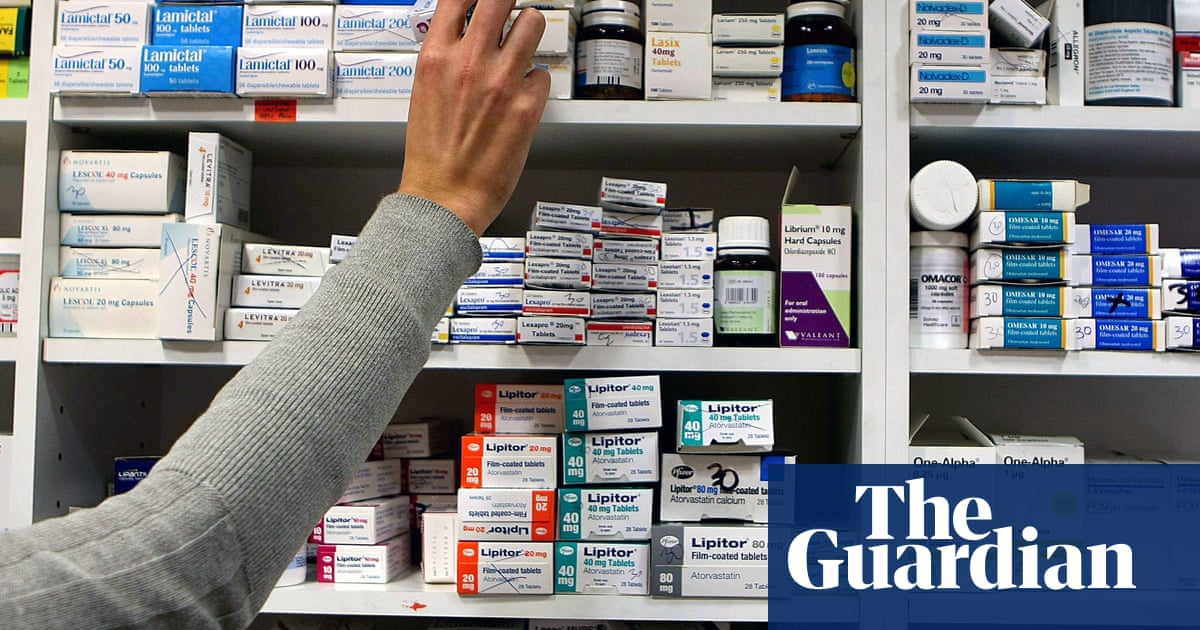The 10-year NHS plan aims to make healthcare more digital, focus on preventing ill health and provide more services locally, rather than in hospitals. It will greatly expand the NHS app and increase the use of AI and other technology.
Structural changes aim to bring routine healthcare closer to patients, with the aim that most outpatient care will happen outside hospitals, while new neighbourhood health centres will provide most services so that acute hospitals can focus on looking after the most unwell.
The main measures include:
1. NHS app becoming a “doctor” in patients’ pockets
The NHS app will be expanded to become a “doctor” in patients’ pockets. A new part of it, My NHS GP, will use AI to help people navigate the service better, taking patients’ symptoms, asking questions and providing guidance.
Patients will also be able to use the NHS app to book remote or face-to-face appointments, manage prescriptions, enrol in a clinical trial and check their vaccines are up to date. They will be able to book urgent appointments rather than wait for hours in A&E, with services able to triage patients in advance.
The plan claims that ending the “8am scramble for a GP appointment” and allowing patients to book an appointment digitally, rather than via “today’s convoluted process”, would save £200m over three years.
2. Patient league tables from this summer
Patients will be able to choose where they have their care, in a section of the app called My Choices. To help them choose, from this summer, the NHS will publish easy-to-understand “league tables”. The NHS app will also provide data on waiting times, patient ratings and quality of care, including data on particular clinical teams and clinicians. Complaints processes will be speeded up.
3. Integrated digital patient records
The NHS will once again grapple with integrating IT across a disparate health and care system. Ministers announced a law would be passed to ensure all providers of health and care services have to log any patient information they hold on a“single patient record”. From 2028, patients, as well as health and care professionals, will be able to access this record on the NHS app, which will hold their medical records, personal health risk and other data. Pharmacies will be given more responsibility to manage long-term conditions, which will also be linked to the single patient record.
4. Patients referring themselves for hearing tests, counselling, podiatry and back pain
The plan ends the need for GPs to refer patients for some outpatient services. Anyone will be able to use the NHS app to self-refer for musculoskeletal issues, podiatry, audiology and mental health talking therapies in a move that ministers hope will “dramatically slash” waiting lists and free up GPs and the new neighbourhood health services.
5. Digitised “red book” system of recording baby and child health records
The red book – which provides a physical record of babies’ and children’s development – will be digitised, with parents able to access their child’s medical records via the NHS app. The app will also provide advice and guidance on weaning and healthy habits and will eventually record feeding times and sleep patterns and offer advice when children are unwell.
6. Greater use of AI and genomic sequencing and free wearable devices in some areas
Hospitals will be “freed up” with greater use of AI and other new technology. AI scribes will be used for administrative tasks such as filling in patient notes and writing letters, making AI “every nurse’s and doctor’s trusted assistant” to save them time and help them in decision-making. Greater use will be made of genomic sequencing, with a view to make it universal for all newborns. Wearables are to become standard in preventive, chronic and post-acute NHS treatment by 2035, with all NHS patients given access to them. Devices will be given for free in areas with the highest health and deprivation. The use of surgical robots will be expanded from 2026.
7. One million people being offered a personal health budget by 2030, with everyone eligible by 2035
About 180,000 people currently have a personal budget, allowing them to decide how to spend money for their care on things such as physiotherapy, mobility aids, a particular wheelchair or activities. But too few people get personal health budgets. Ministers want to double the number of people offered these personal budgets by April 2029, with 1 million patients offered them by 2030. By 2035, ministers want the budgets to be available to everyone entitled to them.
Across England, 250-300 neighbourhood health centres will be established, ministers announced, with 50 up and running by 2029, providing a single place for more “integrated” care, available at least 12 hours a day, six days a week. They will be staffed by GPs, nurses, physios, care workers, mental health workers and employment advisers. The cost of each centre would vary “from the low millions to around £20m”, said the health secretary, Wes Streeting, “depending on whether it’s an upgrade, a refurb, an expansion, or indeed a new-build”. The aim is to “end hospital outpatients as we know it” by 2035. Urgent treatment centres and other same-day emergency care services that prevent patients needing to be admitted to acute hospitals will also be expanded.
9. Treatment targets brought back and promises to end “corridor care”
The plan promises to end what it describes as “the disgraceful spectacle of corridor care” and to bring back the NHS target for 92% of patients to begin treatment within 18 weeks of referral.
10. Specialist mental health emergency departments
The plan announced £120m to be spent on about 85 mental health emergency departments, so people do not end up in A&E. Mental health support teams in school and young futures hubs will be expanded to increase support for children’s mental health.
11. Expanded access to weight loss jabs and anti-obesity measures
The NHS will negotiate new contracts to enable more people to access weight loss jabs. People will be encouraged to become healthier through a new “health reward scheme”. Junk food advertising targeted at children will be restricted, the sale of high-caffeine energy drinks to under-16s will be banned and mandatory health food sales reporting will be introduced for large food companies. Alcoholic drinks will have to display consistent nutritional information and health warnings, while the no-alcohol and low-alcohol market will be encouraged.
12. More NHS staff
The plan will create 2,000 more nursing apprenticeships and 1,000 speciality training posts, and expand medical school places, prioritising UK students. Thousands more GPs will be trained and the number of nurse consultants will be expanded. Recruitment from overseas is to be limited to 10% by 2035. Dentists trained in the UK will have to work for the NHS for three years.

 1 day ago
3
1 day ago
3










 English (US)
English (US)